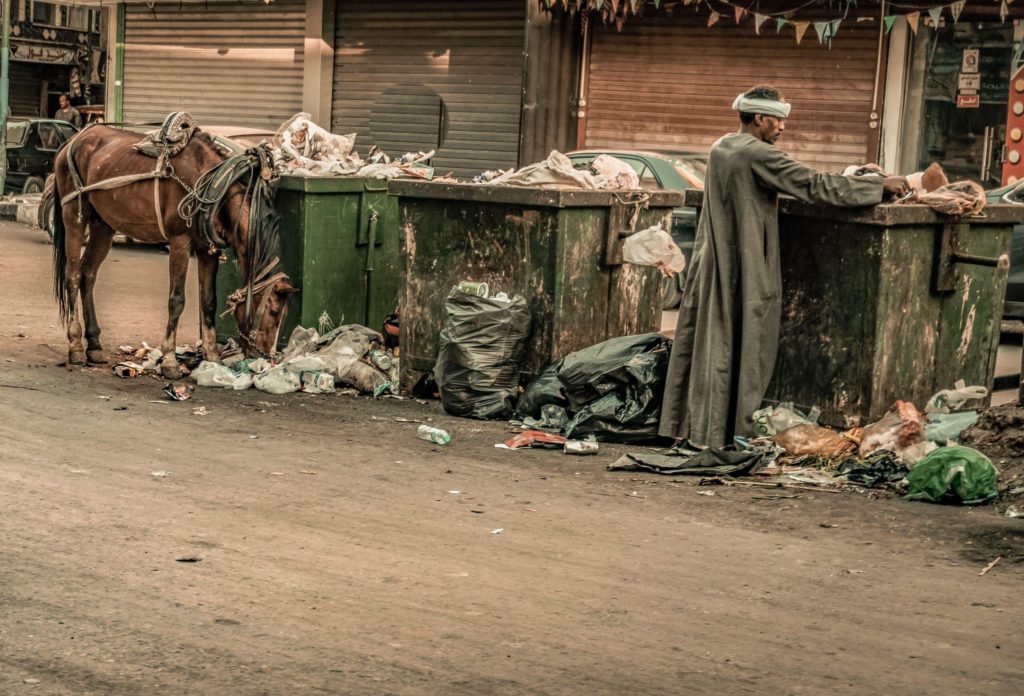Writer: Abderrafie Zaanoun

This study aims to answer the main question: What are the contexts and outcomes of the implementation of Conditional Cash Transfers (CCT) in Arab countries? It addresses CCT limitations and contributions to achieving social justice. To this end, a descriptive-analytical method was adopted to trace the initial results of social transfers in Morocco, Egypt, and Jordan, as well as draw lessons that help enhance the effectiveness of public support targeting systems, informed by best international practices. The study is divided into four sections, in addition to a theoretical framework, tracking the interconnections of targeted transfers with social justice in view of international literature. The paper concludes that achieving social justice through direct cash transfers requires structural amendments to the targeting methodology, towards improving its efficiency in identifying the target base. It further suggests reviewing the financial engineering of direct social support to ensure the development of funding sources that enable justice, effectiveness, and sustainability. Finally, it encourages periodically increasing aid with the aim of protecting beneficiaries’ purchasing power and economic empowerment, with consistent evaluation of their economic and social impacts.
To read the full article: click here
Disclaimer: Except for articles published on Blog Tadamon and the content of the resource pages, all materials on this website, including their respective photographs, are indexed from their original sources. All rights remain with the respective copyright holders.

Comments are closed, but trackbacks and pingbacks are open.